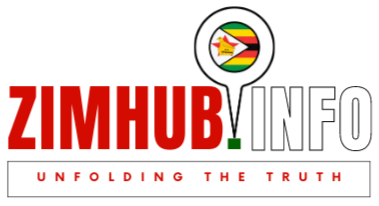SADC Extraordinary meeting on Zimbabwe has triggered tremors in Harare with such efforts being described as a treacherous attempt to interfere with internal processes.
The Southern Africa nation went for polls on August 23 and 24 in which President Emmerson Mnangagwa was announced the winner with 52,6% ahead of main contender Nelson Chamisa’s Citizens Coalition for Change (CCC) who polled 44% of the vote.
The polls were roundly condemned by local and foreign observer missions for once again failing the litmus test of free, fair and credible electoral standards.
Chamisa immediately rejected the entire process describing it as flawed and tilted towards propping up Mnangagwa to victory.
Even the historically cautious SADC Electoral Observation Mission (SEOM) couldn’t ignore the flouting of regulations and SADC principles.
Its preliminary report found that the ‘rural vote may be compromised by alleged intimidation attributed to a group called Forever Associates Zimbabwe (FAZ), which is said to be a quasi-security intelligence organisation.
Among other irregularities the regional bloc noted that ‘the Patriot Act is incompatible with the spirit of section 61(1) of the Constitution, and paragraph 4.1.2 of the SADC Principles and Guidelines Governing Democratic Elections, which requires Member States to uphold, amongst others, the freedom of expression.
Breaking the silence on Saturday, Information Publicity and Broadcasting Services Ministry’s secretary, Nick Mangwana announced another shocker after revealing a ploy by some counterparts in the region pushing for the convening of an extra-ordinary summit.
“There is some treacherous lobbying going on by one SADC member state to have an Extraordinary Summit on Zimbabwe.
“The other members are seeing through this and it’s not going to happen. This agenda being pushed by this member state is not its own. It’s doing a hatchet job for some powerful nations,” he said.
But the Institute of Security Studies (ISS) has since cast doubts on SADC’s power in the post elections era arguing that the bloc’s approach of non-interference can be the weakest link in efforts to act on the disputed elections.
“Zanu PF can rely on SADC’s collective management style grounded in comradeship and the primacy of stability rather than confrontation or action.
“SADC is unlikely to muster the political consensus and willpower to put Zimbabwe back on the bloc’s agenda. Not all member states will be comfortable with SEOM’s findings, which could set an unwelcome precedent that represents a departure from its previous approach,” said the think tank.

